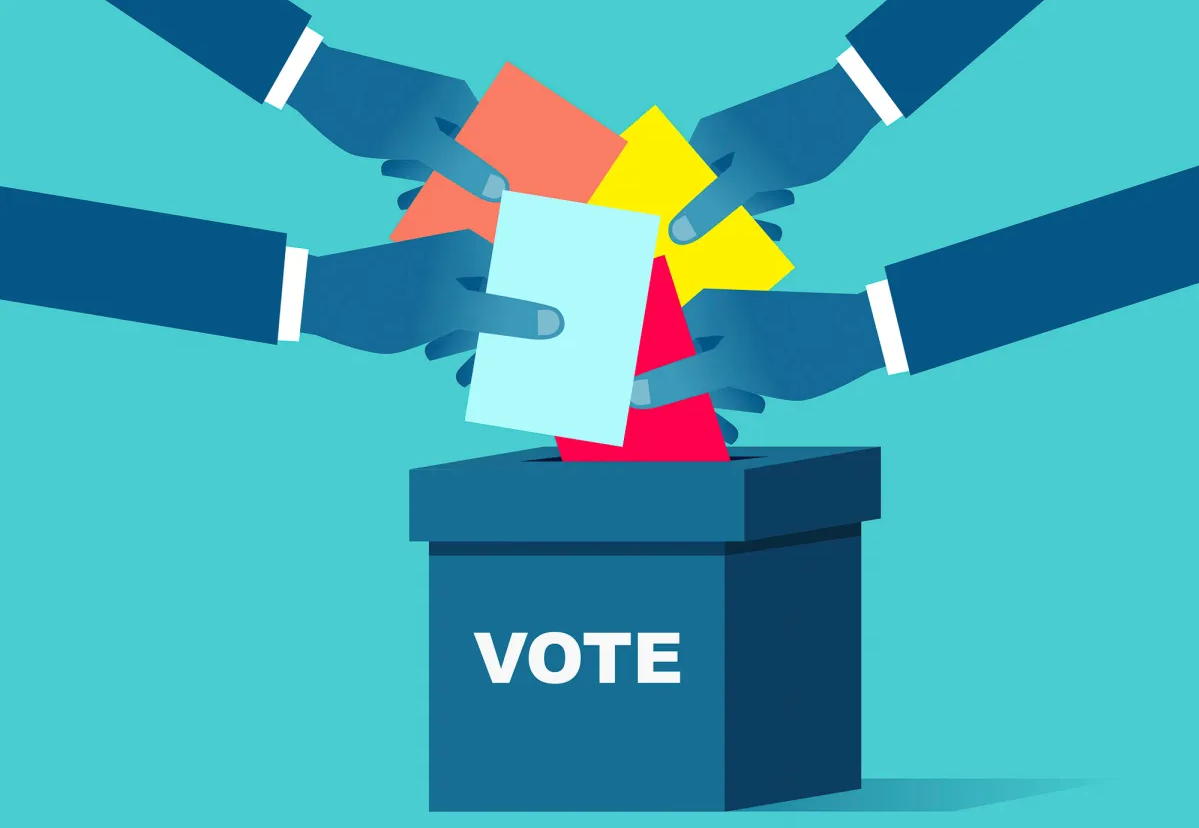In today’s digital age, advancements in technology have brought about both benefits and challenges. One such challenge is the rise of AI deepfakes.
AI deepfakes are computer-generated audio, images, or videos that are convincingly manipulated to appear real. Using sophisticated artificial intelligence algorithms, deepfake technology can alter or create content that mimics the likeness and speech of real people.
These manipulated media can be incredibly realistic, making it challenging to distinguish between genuine and fake content.
It’s 2024, and countries all around the globe are gearing up for their national elections. In places like the UK, US, India, and over 60 other nations, around 2 billion people are getting ready to cast their votes. But amidst all this excitement, there’s a sinister twist: artificial intelligence (AI) is sneaking into the political scene, causing quite a stir.

This clip, disseminated by the opposition Congress party, purported to depict a prominent leader urging citizens to cast their votes in favor of the Congress party. However, the truth soon unraveled – the video was a crafted fabrication, a product of AI wizardry.
This technology can be misused to fabricate speeches, interviews, or statements from political candidates, portraying them saying or doing things they never actually did. With the widespread use of social media and the internet, these deepfake videos can spread, reaching millions of voters and influencing their perceptions.
The impact of AI deepfakes on elections is deeply concerning. Imagine a scenario where a deepfake video of a presidential candidate making inflammatory remarks goes viral just days before the election. Even if the video is proven to be fake after the damage is done, the seeds of doubt may already have been planted in the minds of voters.
AI deepfakes can also be strategically deployed to target specific demographics, amplifying their effectiveness in swaying election outcomes. Political adversaries or foreign actors could use this technology to destabilize democracies and manipulate the course of history.
 The implications of AI deepfakes for democracy are far-reaching. They have the potential to disrupt the fundamental principles of free and fair elections, where voters rely on accurate information to make informed decisions. If people can no longer trust the authenticity of what they see and hear, the very essence of democracy is at risk.
The implications of AI deepfakes for democracy are far-reaching. They have the potential to disrupt the fundamental principles of free and fair elections, where voters rely on accurate information to make informed decisions. If people can no longer trust the authenticity of what they see and hear, the very essence of democracy is at risk.
Addressing the threat of AI deepfakes requires a multifaceted approach. Governments must enact legislation to regulate the creation and dissemination of deepfake content, imposing penalties on those who maliciously use this technology to interfere with elections.
Social media platforms and tech companies also have a responsibility to develop and implement robust detection algorithms to identify and remove deepfake content from their platforms.
Moreover, media literacy education is necessary in empowering citizens to critically evaluate the information they come across online. By teaching people how to spot signs of manipulation and verify the authenticity of content, we can help inoculate society against the spread of AI deepfakes. Only by working together can we ensure that elections remain free, fair, and based on genuine information.











